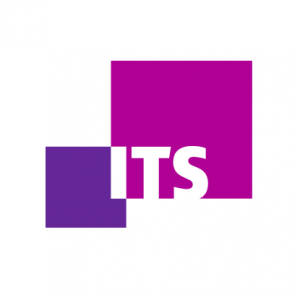theme
The debate over cost-sharing or network fees, labeled as “fair share” involves the initiative of major telecommunications companies to charge a fee to content and application providers. These companies argue that internet platforms and content providers, such as streaming services and social media companies, should contribute financially to the costs of maintaining and upgrading the network infrastructure used to deliver their services.
However, the concept of cost-sharing is inherently unjust and contradicts the fundamental dynamics of the Internet itself. The Internet’s ecosystem comprises independent networks that voluntarily interconnect, predominantly operating through mutual agreements that foster a collective system of connectivity among all participants.
The Internet functions this way because it was designed to be an open and interconnected realm. The idea of introducing “tolls” where certain services must pay to deliver their content to users could result in the fragmentation of the Internet as we know it.
Goal
This project aims to raise awareness about the impacts of network fees policy debate in Brazil by a collaboration between ISOC Brazil and ITS Rio. The urgency of the campaign is driven by a recent open public consultations run by Anatel (the Brazilian National Telecommunications Agency), as well as by several parallel locus of related policy debate in Latin America. The campaign aims to promote an informed debate about the challenges of the network fees, as well as to engage stakeholders in Brazil against the proposal, and raise awareness about the advances in Brazil about network fees debate.
related content
projects
From a Social Network to a Support Network: Cyber resilience for journalists
Project with online courses, a best-practices manual for newsrooms, and a support network for... Learn More
varandas
Wikimedia on The Open and Collaborative Internet
Speakers Jan Gerlach and Sérgio Branco Learn More

